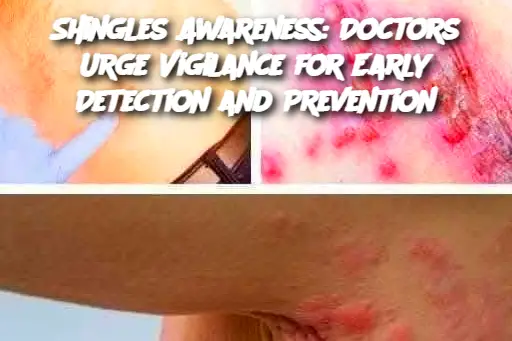ADVERTISEMENT
Vaccination for Other Groups: While shingles is most common in older adults, people with compromised immune systems or a history of chickenpox should discuss their vaccination options with a healthcare provider, even if they are under 50.
Alternative Treatments: Some people find relief from shingles symptoms with natural remedies like aloe vera gel or coconut oil, which can soothe irritated skin. However, these should never replace medical treatments.
FAQs:
1. Who is at risk for shingles? Anyone who has had chickenpox is at risk for developing shingles later in life. However, older adults, those with weakened immune systems, and individuals undergoing treatments like chemotherapy are at higher risk.
2. How do I prevent shingles? The best way to prevent shingles is through vaccination. The Shingrix vaccine is highly effective and is recommended for adults over 50, even if they’ve had shingles before.
3. Can shingles be cured? While there is no cure for shingles, antiviral medications can reduce the severity of the disease and shorten its duration if taken early. Pain relief options and proper care can also help manage symptoms.
4. How long does shingles last? The rash usually lasts about 7–10 days, but the pain may persist for weeks or even months in some cases, particularly in those who develop post-herpetic neuralgia.
5. Is shingles contagious? Shingles is contagious to people who have never had chickenpox or who haven't been vaccinated for chickenpox. However, it’s only spread through direct contact with the rash, not through the air.
ADVERTISEMENT
